**Note: This page is for educational inspiration and is not officially affiliated with World Laughter Day. World Laughter Day is celebrated annually on the first Sunday of May. It was founded in 1998 by Dr. Madan Kataria, the founder of the worldwide Laughter Yoga movement. For more information on the Laughter Yoga movement and the origins of this day, you can visit their official website: www.laughteryoga.org.
Sunday 3rd May 2026
Understanding World Laughter Day in EYFS & KS1
Let's have a giggle and share some smiles for World Laughter Day! 😄😂 The main idea of this day is to show how laughter can help bring peace and friendship to people all over the world. Dr. Kataria believes that laughter is like a super-power that can help people feel happier and more connected. It’s a day to remember how good it feels to laugh and to share that happiness with others.
For early years settings, nurseries, preschools, childminders, and Year 1 and Year 2 classrooms, this day provides a wonderfully joyful theme for exploring emotions and feelings (especially happiness), social interactions, language and communication (through jokes and humour), creative expression, and personal, social & emotional development (PSED). It's about helping children understand the importance of laughter for their bodies and minds, and how sharing a laugh with a friend or family member can build a strong bond. This day offers fantastic planning ideas and inspiration for engaging activities that truly resonate with young minds, making learning about happiness and well-being both essential and a whole lot of fun!
Why Is Learning About Laughter Important for Young Children?
Integrating World Laughter Day and lessons about humour and joy into your practice with young children (aged 0-7) is a fun way to develop social-emotional skills, fostering a positive outlook, and supporting overall health.
Boosts Emotional Well-being: Laughter is a natural way to relieve stress and feel happy, helping children manage their emotions.
Enhances Social Connections: Sharing a laugh helps children bond with peers and adults, strengthening friendships and a sense of community.
Improves Physical Health: Laughter is a great form of "exercise" that is good for the heart and lungs.
Develops Language & Communication: Encourages children to use language creatively through telling jokes and stories.
Fosters Positive Outlook: Promotes a cheerful and optimistic perspective on the world.
Supports Creativity: Encourages children to think of silly and imaginative ideas.
Engaging Laughter & Humour Activities for World Laughter Day (0-7 Year Olds)
Let's find the funny side of things for World Laughter Day with these planning ideas and activities perfect for EYFS and KS1 children. The focus is on sharing jokes, being silly, and celebrating the power of a good laugh! Many of these early years and year 1 activities can be supported by our dedicated 'Jokes' resources, as well as broader 'Emotions and Feelings' and 'Kindness and Friendship' themed materials.
Here's some inspiration for celebrating World Laughter Day in your setting: (Please use your own discretion and knowledge of your children to ensure appropriateness of each activity and safety concerning any materials given and activity undertaken. Emphasise that humour should always be kind and make people feel happy, not sad.)
Telling and Sharing Jokes:
Use our 'Joke Cards' to introduce some simple, child-friendly jokes and riddles. Read them out and encourage children to guess the punchlines.
Have children share their favourite jokes, or funny things they have heard.
Creating Our Own Jokes:
Encourage children to think about what makes them laugh and try to create their own silly jokes or funny drawings.
Use our 'Joke Illustration Activity Sheets' for children to draw pictures that tell a joke, or illustrate the punchline to a joke they know.
Laughter Games & Silly Fun:
Play simple games like "silly faces," "funny walks," or "the laughing game" (where everyone tries not to laugh).
Tell a "silly story" where the plot gets more and more ridiculous.
Use props like a "funny hat" or a rubber chicken to spark laughter.
Connecting to Emotions & Well-being:
Talk about the feeling of happiness and joy. Discuss what makes us laugh and why laughter feels so good. This links directly to our ‘Emotions and Feelings’ and ‘Mental Health’ pages.
Discuss who we like to laugh with. This is a great opportunity to talk about 'Kindness and Friendship' and 'Families'. Ask children to draw a picture of themselves laughing with their family or a friend.
Use our ‘All About Me’ theme to talk about what makes each individual child happy and laugh.
Creative Expression:
Encourage children to draw their own "happy memories" or "silly moments" from the past week.
Play some upbeat, cheerful music and encourage free-flowing, joyful dance and movement.
These activities offer great inspiration for making World Laughter Day a memorable and impactful experience in your early years and Key Stage One setting, fostering joy, strong social bonds, emotional literacy, and an appreciation for the simple, powerful act of laughter.
To explore ideas surrounding additional early years events, please visit our 'Special Dates Calendar' page.
Printable resources to support teaching & learning surrounding: ‘World Laughter Day’
Additional Pages you may like to explore which cover relevant &/or Connected themes
More Early Years Event Pages for May
🐢🌊 For early years settings, nurseries, preschools, childminders, and Year 1 and Year 2 classrooms, this day provides a wonderful and engaging theme for exploring animals (especially reptiles, sea…
🦋🌳🐠 International Day for Biological Diversity (IDB) is a special day celebrated every year on May 22nd. It was started by the United Nations to help everyone understand something very…
🔢➕ For early years settings, nurseries, preschools, childminders, and Year 1 and Year 2 classrooms, this day provides a fantastic and practical theme for exploring counting, number recognition…
Let's buzz about bees and discover why these tiny creatures are super important! 🐝🍯 For early years settings, nurseries, preschools, childminders, and Year 1 and Year 2 classrooms, this day…
Let's explore, discover, and learn amazing things, just like in a museum! 🏛️🔎 For early years settings, nurseries, preschools, childminders, and Year 1 and Year 2 classrooms, this day provides…
Let's dedicate a special time to celebrate every child in the UK and think about what they need to be safe, healthy, and happy! 🌟👧👦 For early years settings, nurseries, preschools, childminders…
Let's learn about some very special animals and plants that need our help! 🐾🌱 Endangered Species Day is a special day celebrated every year on the third Friday in May. It was started by a…
👨👩👧👦💖 International Day of Families is a special day celebrated every year on May 15th. It was started by the United Nations in 1993 because they wanted everyone to remember how important…
😊🧠 Mental Health Awareness Week happens every year in May. It's hosted by the Mental Health Foundation, a charity in the UK. This week is all about helping everyone understand that our minds…
Let's celebrate the amazing nurses who help us feel better! 👩⚕️🧑⚕️ For early years settings, nurseries, preschools, childminders, and Year 1 and Year 2 classrooms, this day provides a fantastic…
✨🧼 World Hand Hygiene Day is a special day celebrated every year on May 5th. It was started by the World Health Organization (WHO) with a very important message: 'SAVE LIVES:…
😄😂 The main idea of this day is to show how laughter can help bring peace and friendship to people all over the world. Dr. Kataria believes that laughter is like a super-power that can help people…
Let's put on our shoes and get walking to school, to the park, and everywhere in between! 🚶♀️🚶♂️ For early years settings, nurseries, preschools, childminders, and Year 1 and Year 2 classrooms…
Let's learn outside! 🌳☀️ Outdoor Classroom Day is a global campaign to inspire and celebrate outdoor play and learning, with two designated days each year: one in May and one in November…
Explore special dates (including awareness dates, festivals, celebrations & events) relevant to your EYFS & KS1 children
Browse our ‘Special Dates Calendar’ page using the link below. You’ll find calendars for every month of the year to aid your planning!
CLICK HERE to visit our ‘SPECIAL DATES CALENDAR PAGE’ for an entire year of key EYFS & KS1 events, festivals & celebrations.
SEARCH ‘LITTLE OWLS Resources’ USING THE FOLLOWING MENU BUTTONS…
Disclaimer:
This page is for educational purposes only and is intended to support early years and primary practitioners with ideas and resources related to 'World Laughter Day'. We are not officially affiliated with or endorsed by Dr. Madan Kataria or the Laughter Yoga movement, which established this event. We do not claim any rights to specific trademarks or official materials associated with this event. For more information on the Laughter Yoga movement and the origins of this day, please visit their official website: www.laughteryoga.org.




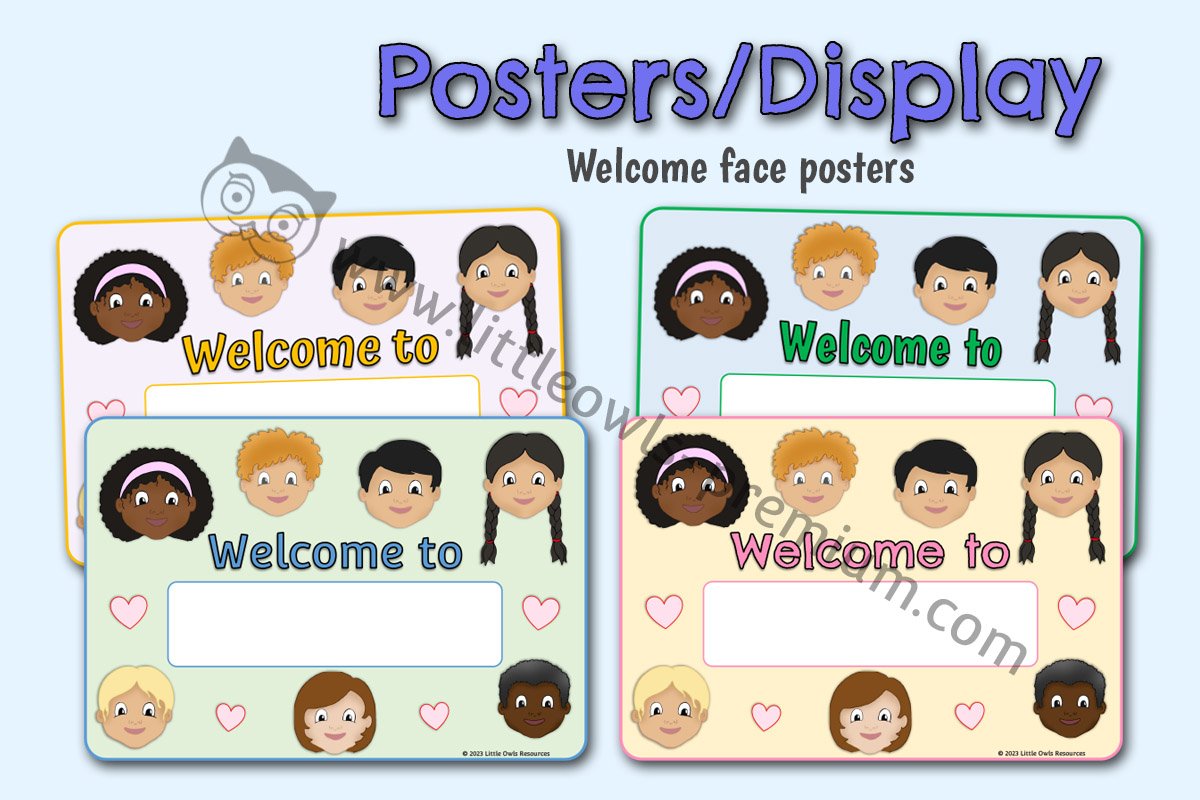


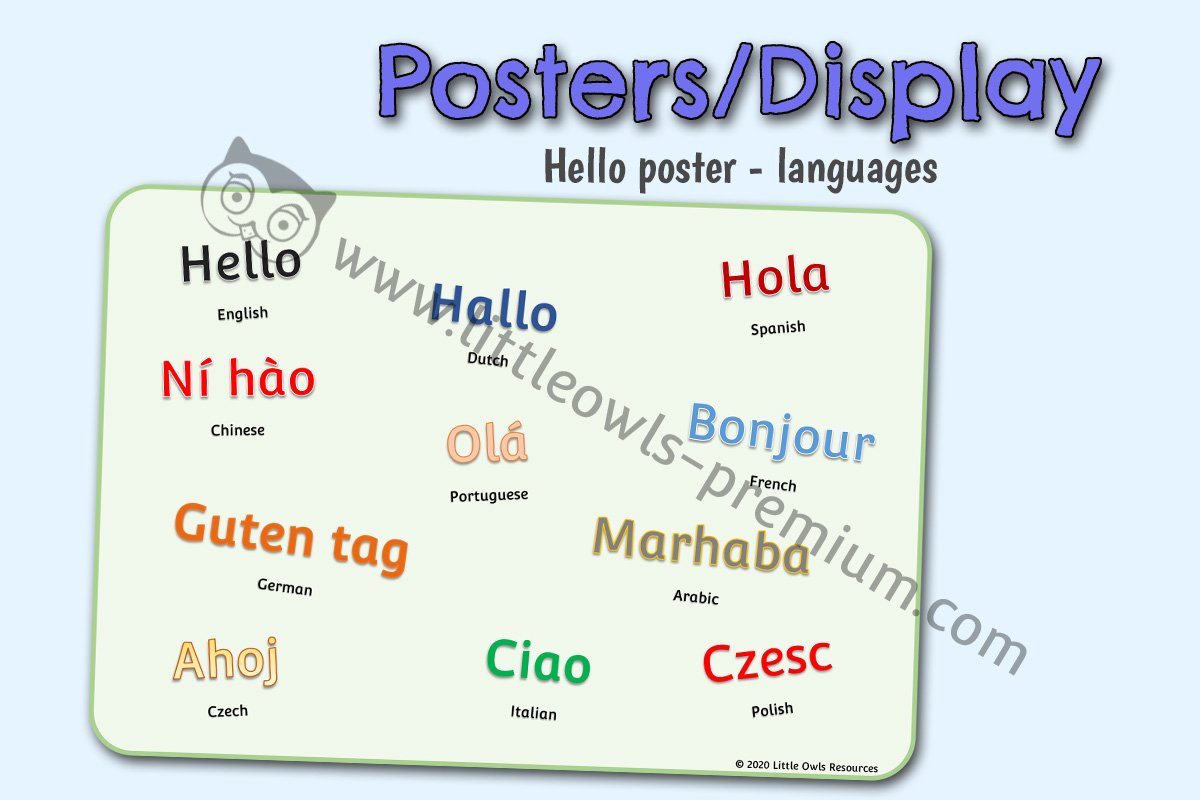

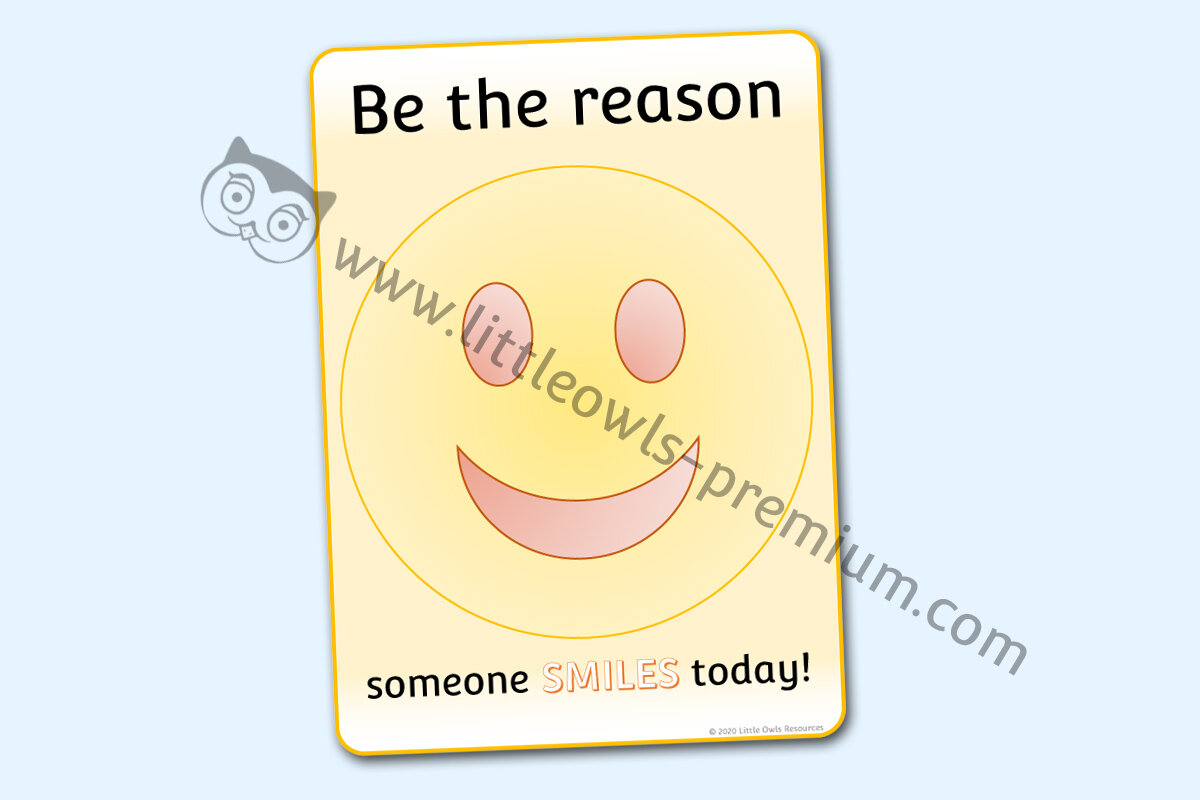
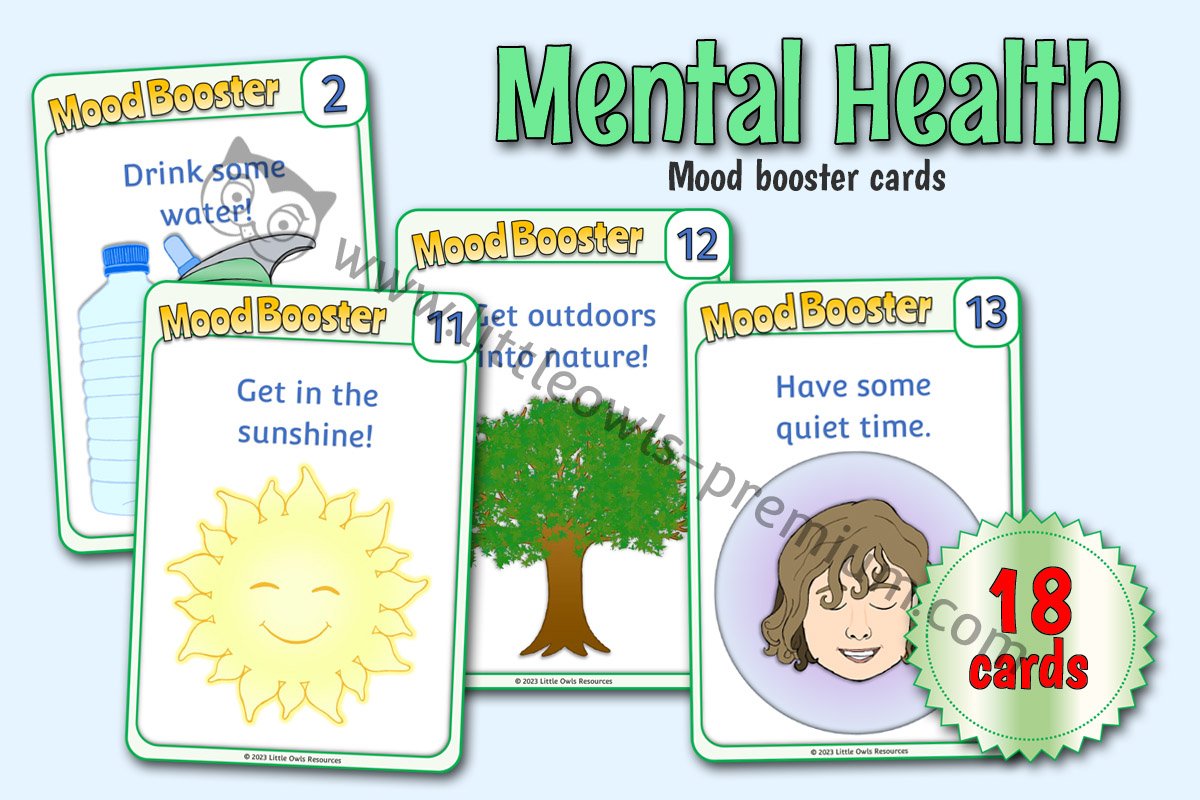






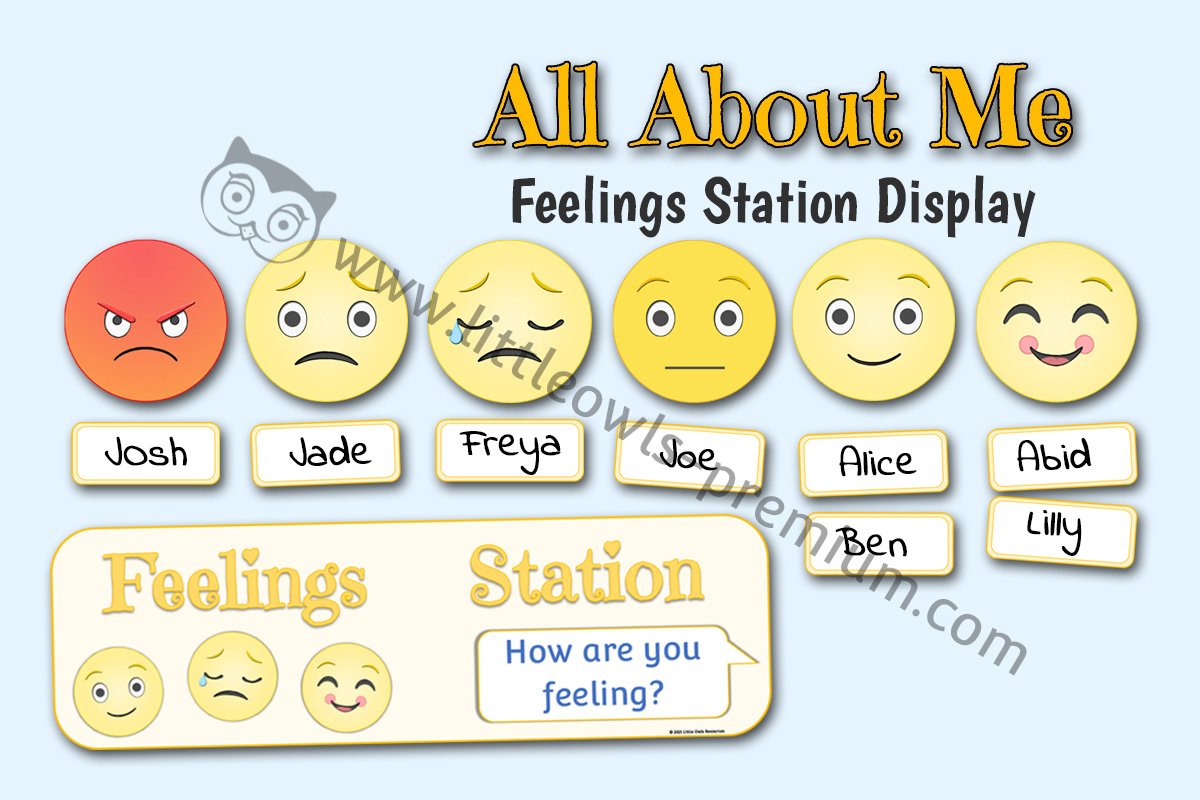












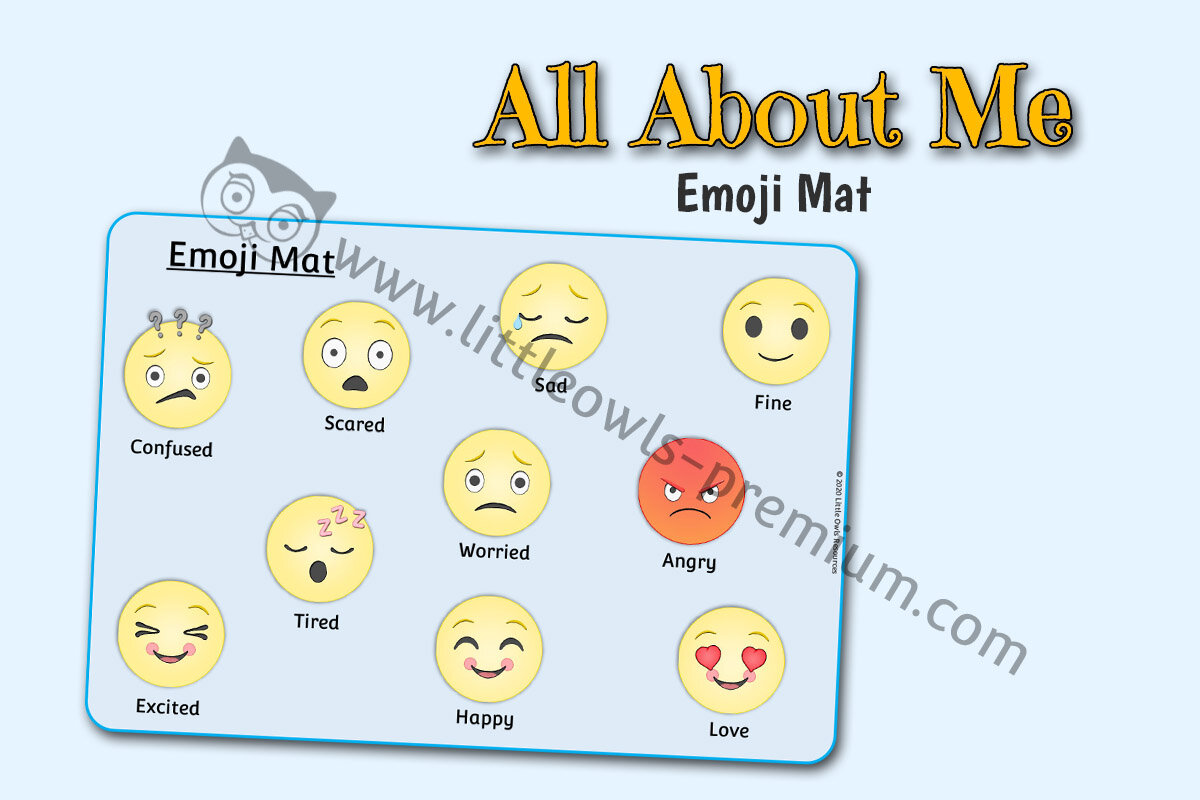
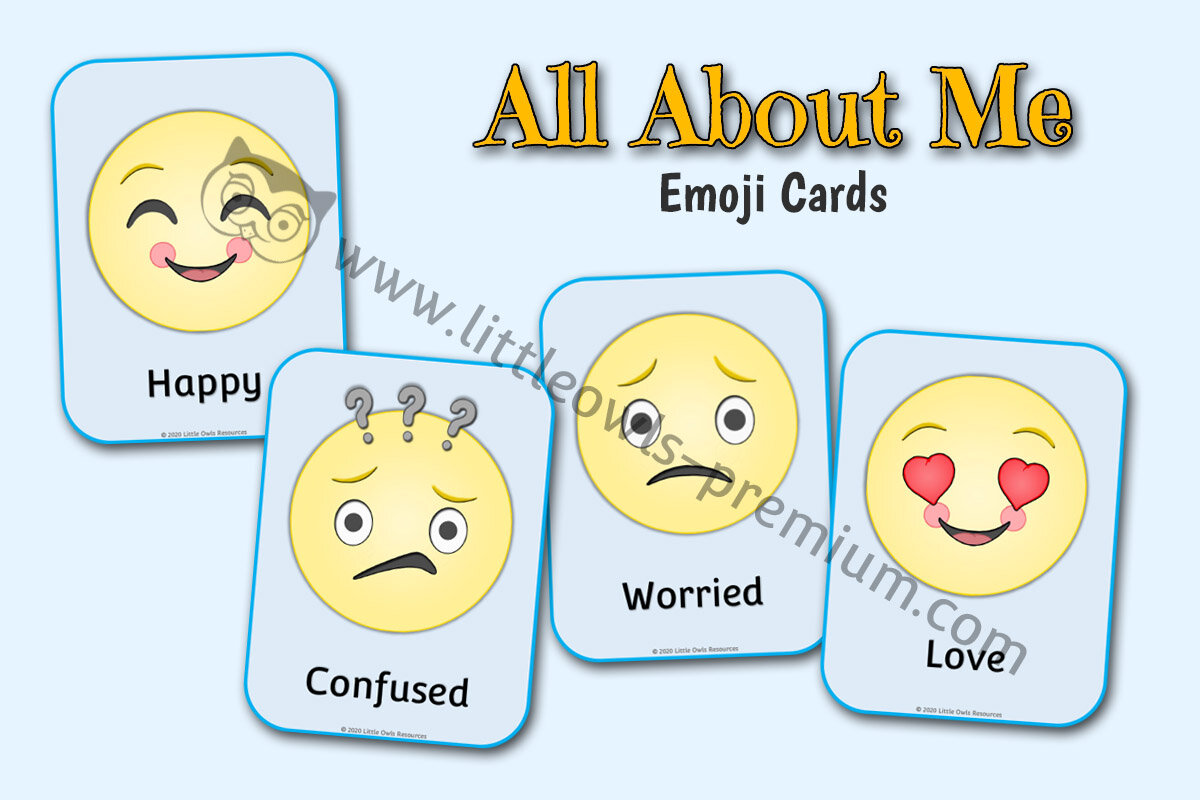
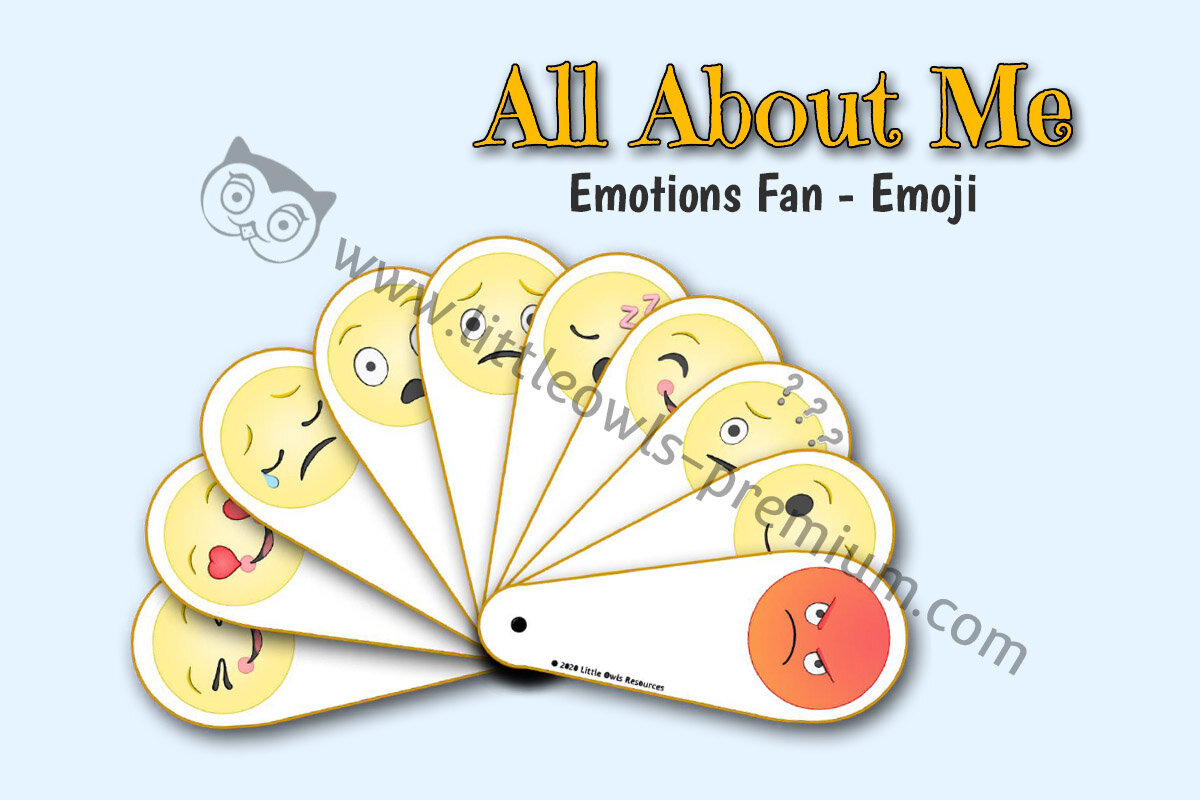




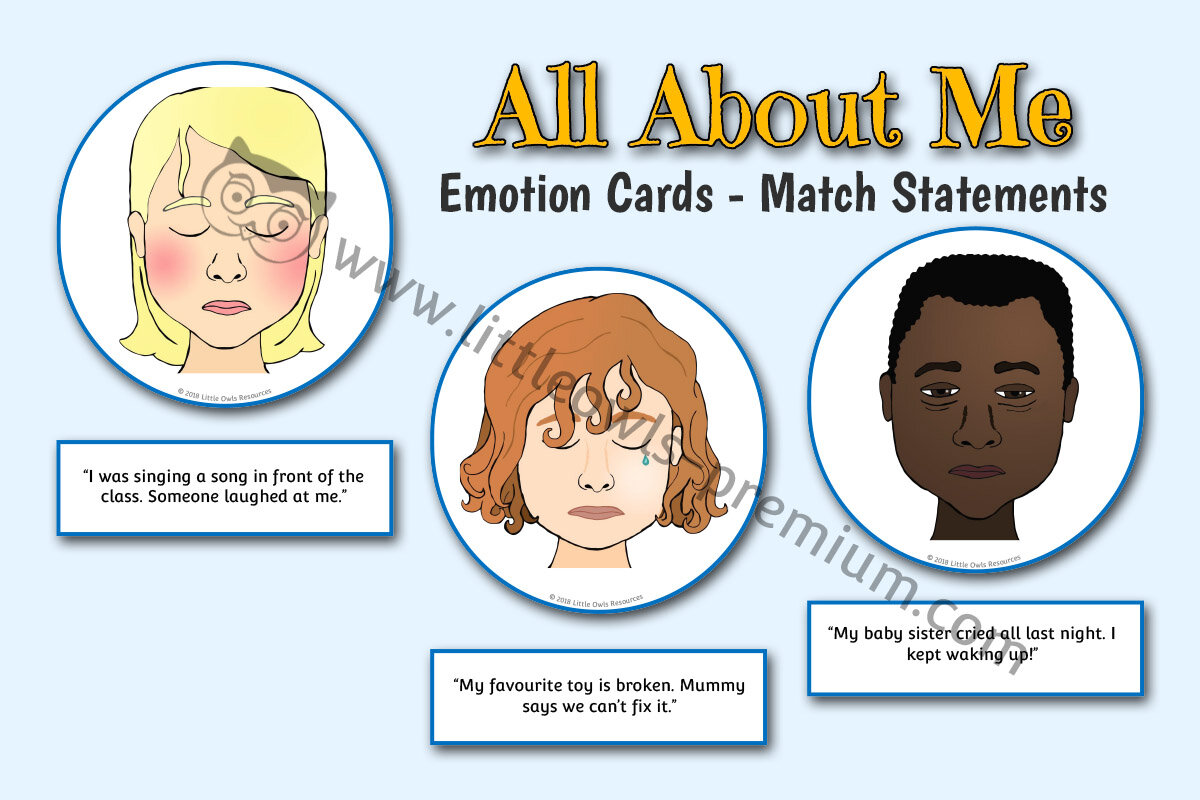
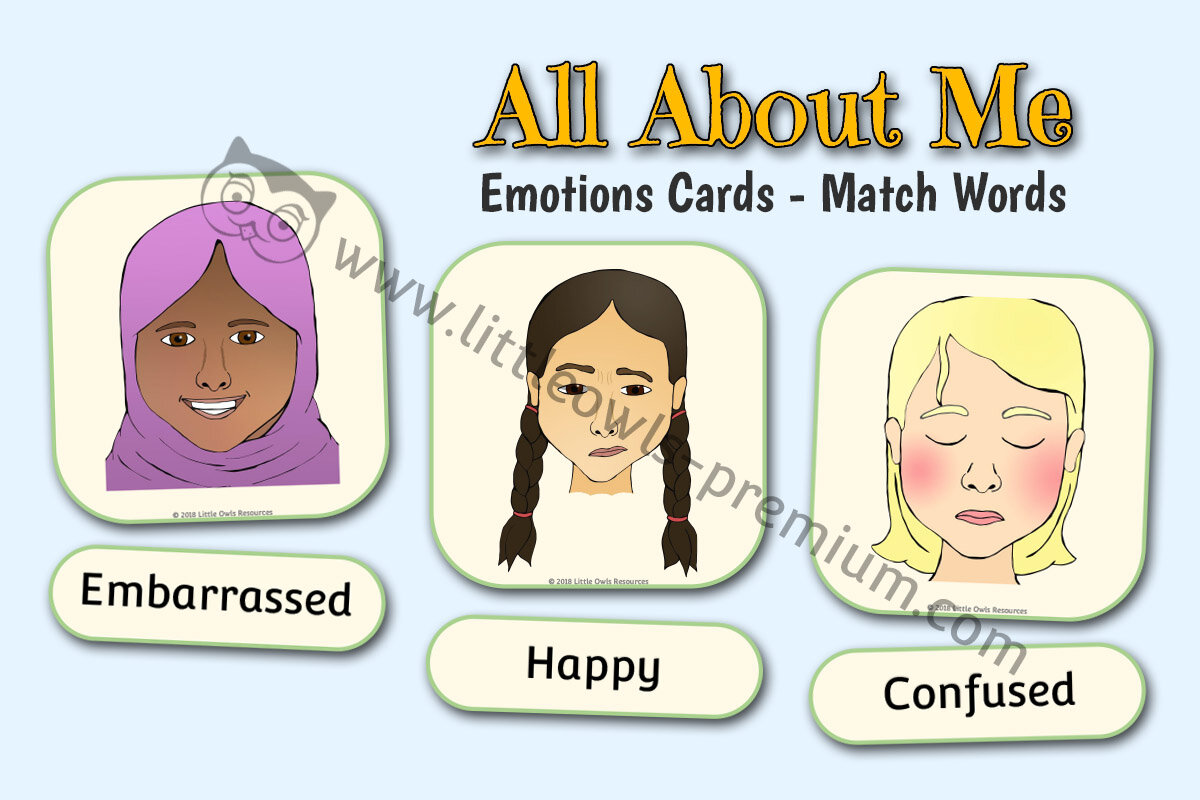






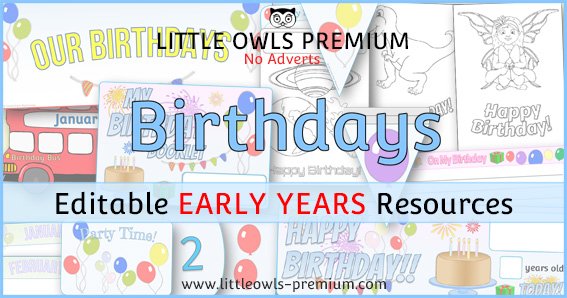















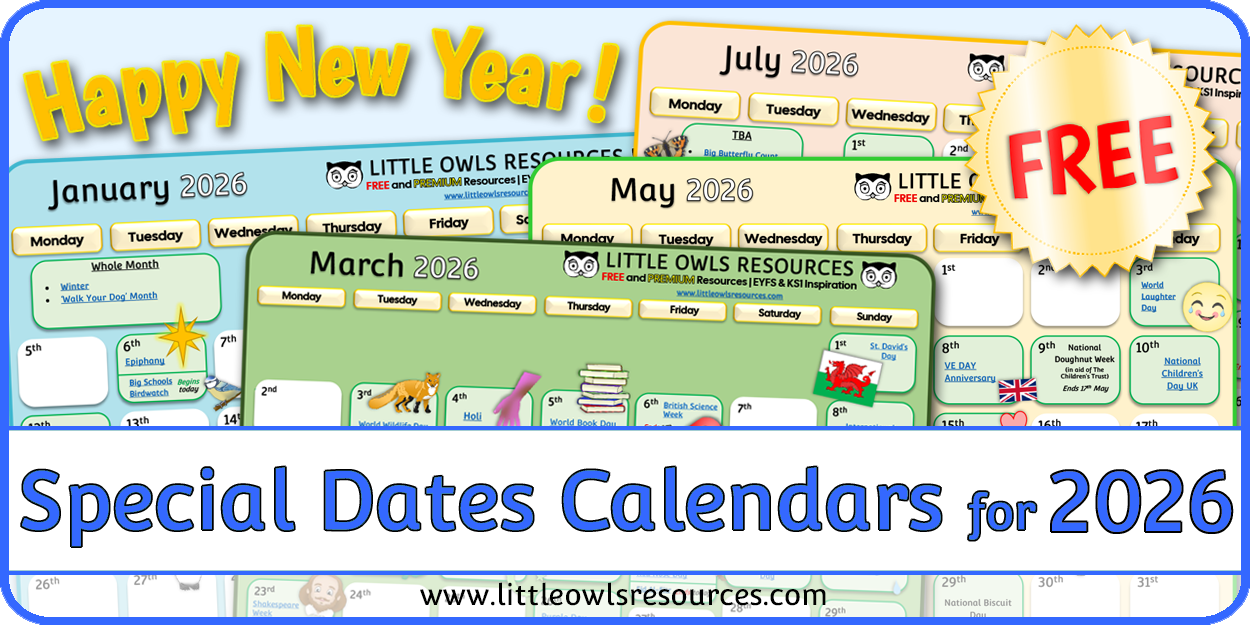
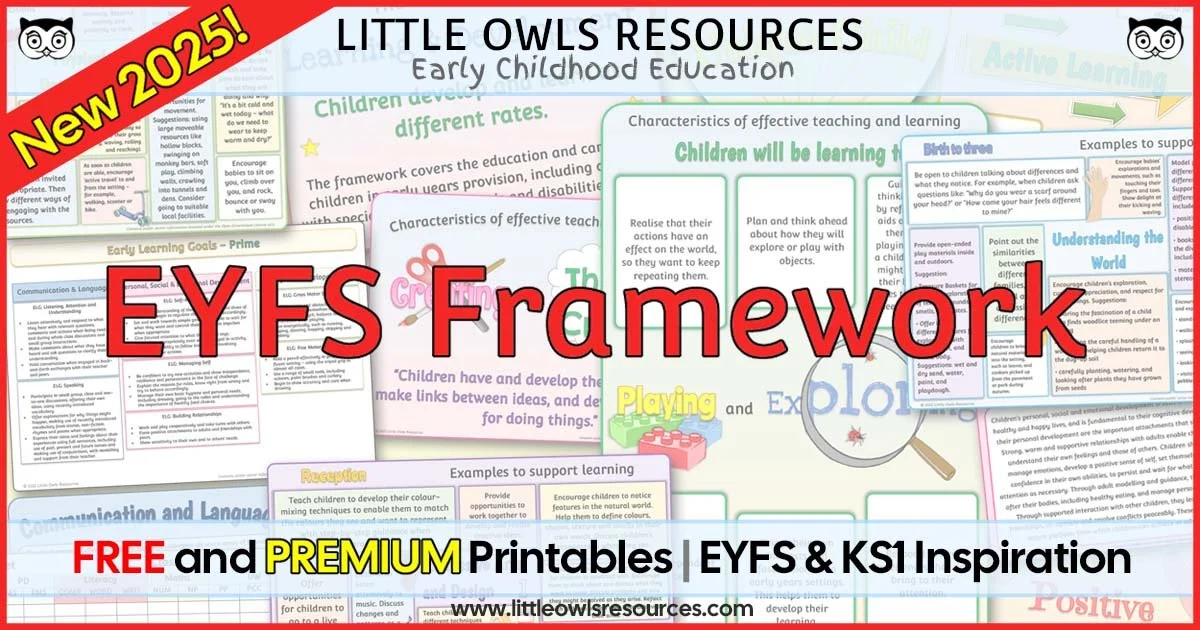

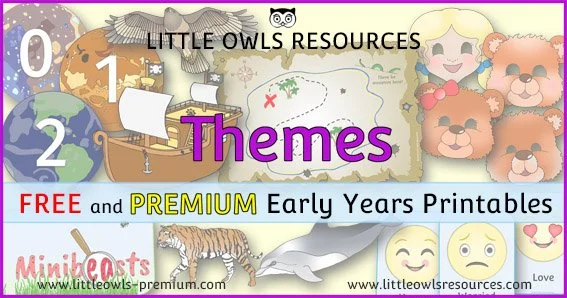

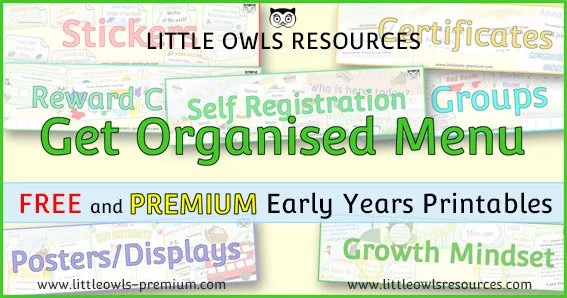

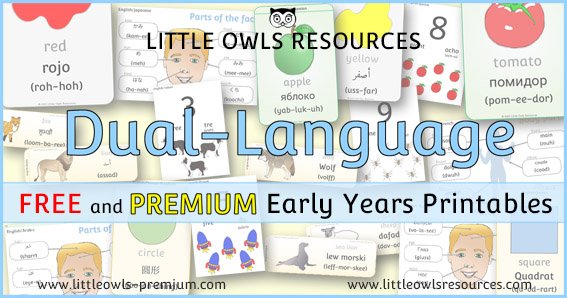
Let's dig in and grow something amazing! 🌱🌻🥕 For early years settings, nurseries, preschools, childminders, and Year 1 and Year 2 classrooms, this week provides a wonderfully rich and hands-on…